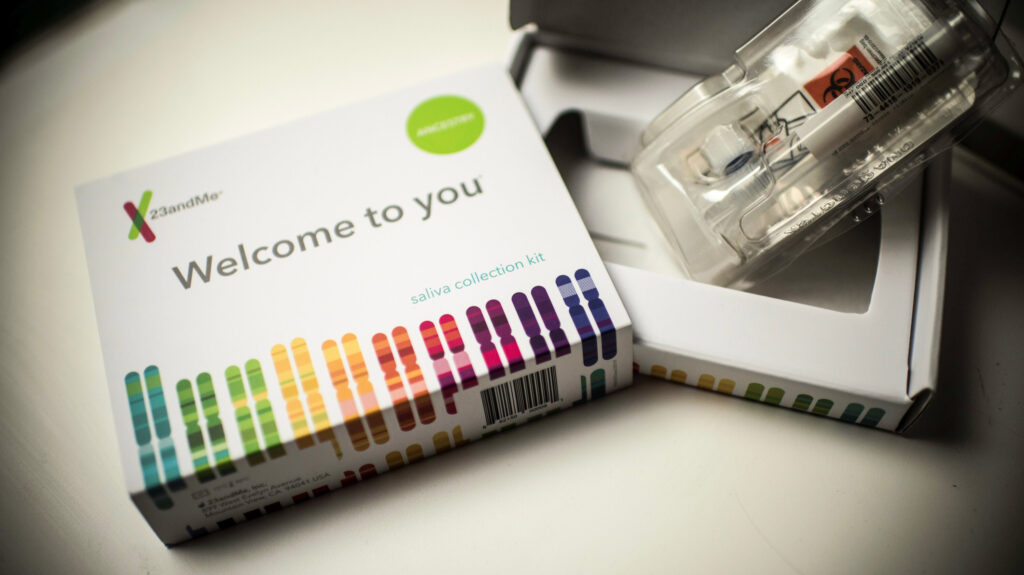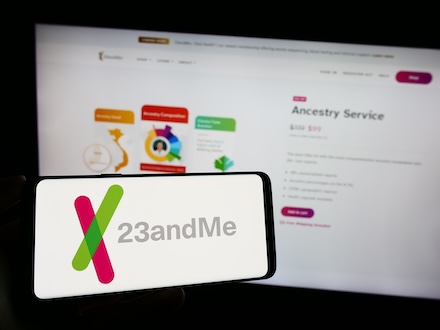23andMe’s $30 Million Settlement: What It Means for Genetic Data Privacy
In a time where health and ancestry insights can be accessed with a simple DNA test, 23andMe has long stood at the forefront, delivering groundbreaking genetic services directly to consumers. However, this convenience comes with heightened risks around data security, given the sensitive nature of genetic information. The recent data breach affecting 23andMe’s database underscored the importance of cybersecurity, as personal information, genetic details, and even ancestral information were compromised.
The breach, which surfaced in October 2023, highlighted vulnerabilities within 23andMe’s systems. Around 6.9 million customers had their information compromised. Following a class action lawsuit, 23andMe agreed to a $30 million settlement, promising three years of security monitoring and implementing new measures to protect its users. This settlement aims to address customer concerns over data privacy while helping the company reinforce its reputation.
23andMe’s data breach began around April 2023 and went undetected for nearly five months. It wasn’t until this October that the breach was publicly disclosed by 23andMe, revealing the depth of the breach’s impact. Nearly half of the company’s 14.1 million customers had their personal information exposed, including detailed data from the company’s DNA Relatives and Family Tree features. DNA Relatives is a feature allowing 23andMe customers to connect with potential relatives based on shared genetic markers. Family Tree, on the other hand, is a tool designed to map out ancestry. These features, while incredibly popular for users seeking to connect with family, inadvertently became vulnerabilities.

This breach raised concerns about the targeting of specific ethnic groups and the safety of genetic information shared online. It also revealed weaknesses in 23andMe’s data security measures, particularly in handling highly sensitive genetic information.
On September 13, 2024, a preliminary settlement for the class action was filed in federal court in San Francisco. This agreement, pending the judge’s approval, could conclude a year-long legal battle. The settlement proposes $30 million in cash payments to affected customers, as well as a three-year security monitoring program known as Privacy & Medical Shield + Genetic Monitoring.
While 23andMe described the settlement as “fair, adequate, and reasonable” in a court statement, the company’s financial struggles underscore its challenges in managing the fallout. In addition to covering the costs of this settlement, 23andMe has faced increasing losses, which could impact its ability to maintain the same level of service moving forward.
The $30 million settlement agreement, if approved, would offer affected customers cash payments as well as access to Privacy & Medical Shield + Genetic Monitoring for three years. This program, designed to protect genetic information, is a step toward rebuilding trust with customers who may have lost confidence in the company’s ability to safeguard their data.

In its court filing, 23andMe also cited its “extremely uncertain financial condition,” asking the judge to halt ongoing arbitrations by tens of thousands of class members until the settlement is either approved or rejected. This motion suggests that 23andMe is facing significant financial pressure, particularly as it seeks to mitigate legal costs. Of the $30 million settlement amount, $25 million is expected to be covered by cyber insurance, which will help offset some of the expenses.
Financial data from 23andMe’s recent performance highlights these struggles. In the quarter ending June 30, 2024, 23andMe reported a loss of $69.4 million on revenue of $40.4 million. CEO Anne Wojcicki, who co-founded the company, has been working to take the company private, signaling an attempt to reduce public market pressures and potentially rebuild the company’s stability outside the public eye.
For customers, the settlement provides an opportunity to secure their information and receive compensation for the data breach. The Privacy & Medical Shield + Genetic Monitoring program is intended to offer added protections and assurance that their data is being safeguarded. 23andMe’s $30 million settlement marks a critical moment for the company and its customers. For affected individuals, the settlement offers monetary compensation and access to enhanced security measures, a step toward mitigating the impacts of the breach. But this incident also underscores the importance of data security in the digital age, especially for companies that handle genetic information.
As we watch how 23andMe navigates the aftermath of this breach, one thing remains clear: protecting personal data is paramount, and companies in all sectors must adapt to meet the security challenges of today’s technology-driven world.
